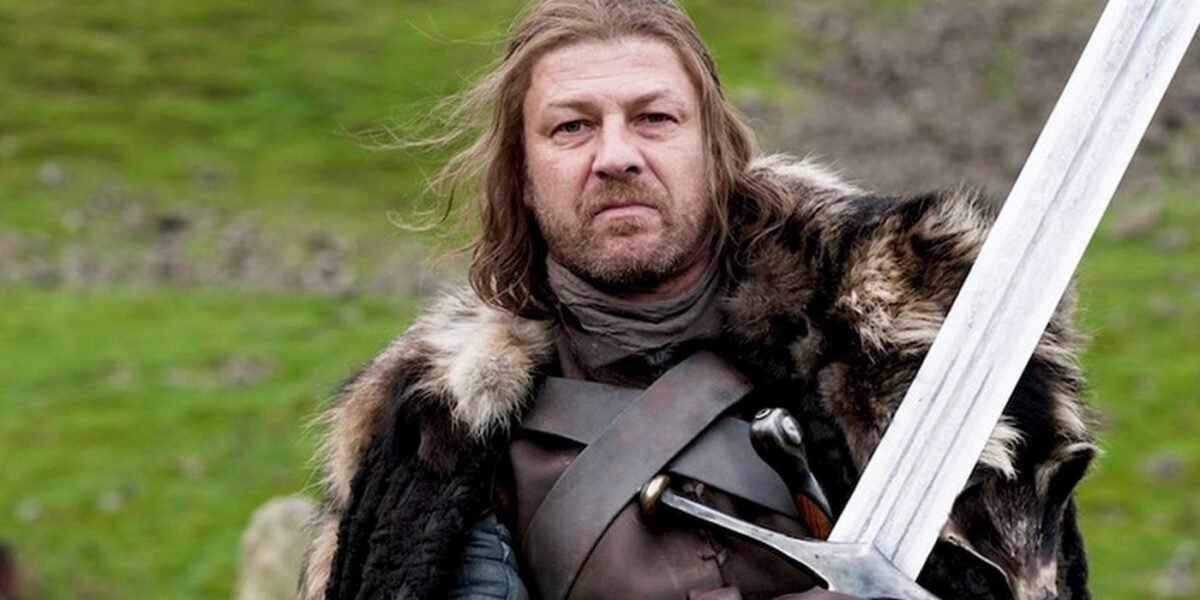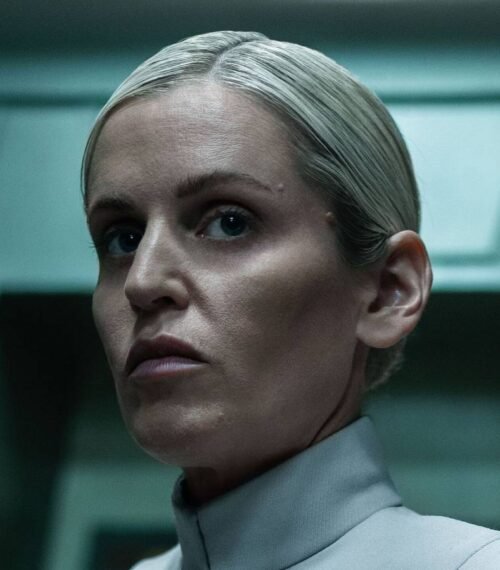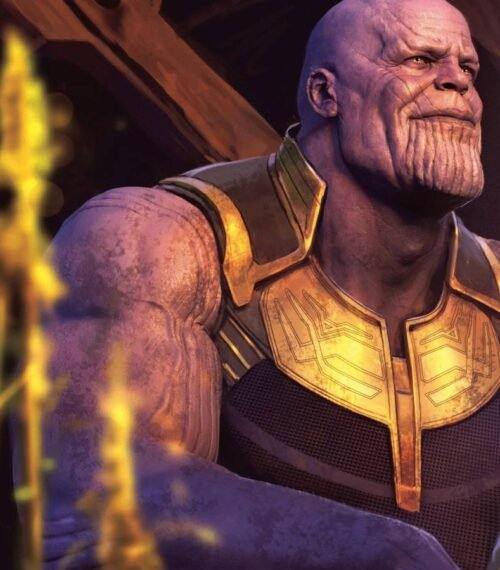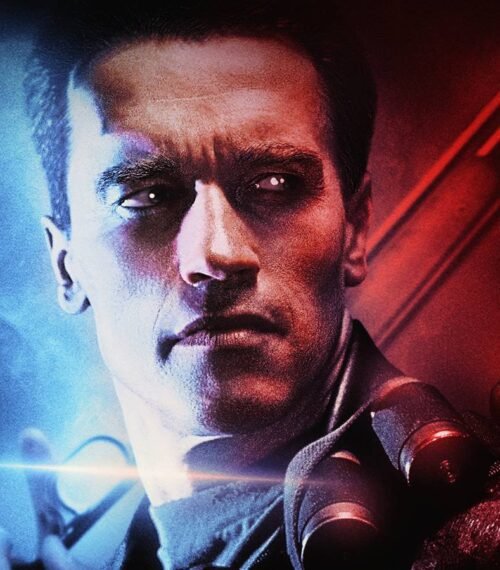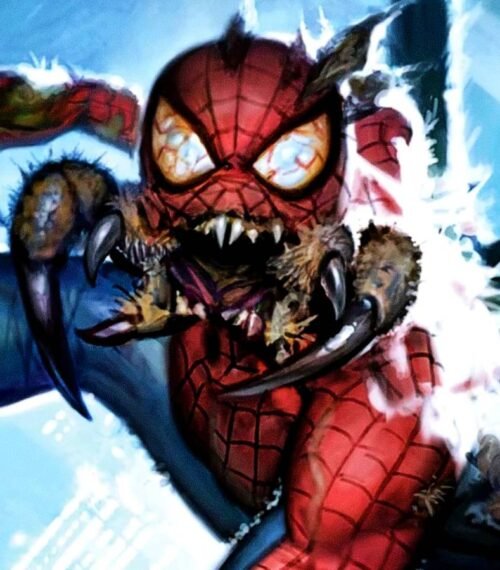The first scene of a TV show has never mattered more. With so many options competing for attention, audiences decide quickly whether a series is worth their time, and the best pilot episodes start with a killer opening scene. That opening moment has to do more than look good — it has to totally engross.
An opening scene sets pacing, introduces tone, and hints at what kind of world we’re stepping into. For writers and directors, it’s a chance to make a statement before the audience knows who anyone is. From psychological thrillers to big-budget genre epics, great openings take many shapes.
Some grab attention with violence or mystery. Others build slowly through atmosphere and detail. Whether it's an unsettling dead body wrapped in plastic, the surreal quiet of The Leftovers, or introducing the most anxiety-inducing scenes in The Bear, these scenes stay burned in your mind long after the credits roll.
10 Twin Peaks
A Quiet Opening That Rearranges the Genre
The tone of Twin Peaks is set before a single word is spoken. The camera drifts through sawmills and early morning fog. Angelo Badalamenti’s synth score hums in the background like a memory you forgot to be afraid of. Nothing feels urgent — that is, until it does.
The phone rings. A girl has gone missing. Then a fisherman finds a body wrapped in plastic. Laura Palmer is dead.
And that dissonance is exactly what grabs the viewer's attention without the need for action or suspense.
9 The Walking Dead
The World Is Already Gone
Before you hear a single line of dialogue, a little girl shuffles toward a gas station, clutching a teddy bear. Rick Grimes lifts his revolver. The child isn’t human anymore, and the hesitation doesn’t last long. None of the Walking Dead spin-offs hold a candle to this opener.
The Walking Dead’s cold open is so effective due to the speed with which it normalizes brutality. It's not the gore associated with zombies. The series doesn’t waste time establishing stakes, and it opens with a moral line already crossed.
By opening with a child killed at the hands of our protagonist — a cop — the show reframes survival as grim necessity. Heroes don't exist in this world. It’s a jarring image, especially for 2010 broadcast standards, and it tells us this world no longer believes in mercy.
8 Breaking Bad
There’s No Going Back, Even From the Start
Walter White crashes an RV into a ditch, wearing nothing but tighty whities and a gas mask. Sirens approach, and he records a final message to his family. And then, pistol in hand, he marches into the middle of the road like a man who’s got nothing left to lose.
At the time, audiences only knew Bryan Cranston as the lovable, speed-walking dad from Malcom in the Middle. This was an actor reinventing his onscreen persona in five suspenseful minutes. But the genius of the opening lies in its backwards structure. In the opening scene, we meet Walter White already broken, with no idea why.
That Western standoff imagery, the desert silence, the shaky breath behind the camcorder — all of it signals a transformation that’s already taken hold.
7 Atlanta
Comedy Collided With Violence
A parking lot dispute over a dented car. Some awkward jokes. A gun pulled too fast. Then a gunshot. And we have no idea who got hit.
Most impressive, though, is how the tone swings from casual to violent in seconds. It was such an effective tool to create disorientation in the viewer. The opening scene establishes that this is a world where comedy and trauma live side by side.
6 The Boys
The Superhero Genre Immediately Dismantled
Hughie is mid-sentence, holding his girlfriend’s hands, when she explodes. It happens so fast without any warning. Just blood, bone, and a pair of arms left in his grip.
The moment is unforgettable not because of the gore, but because of the pacing. The scene plays like a romantic comedy until it doesn’t, and there’s no slow-motion cue to help us prepare — it's pure tonal whiplash. The Boys uses a single shot to dismantle superhero culture, and to establish that in this world, saving the day has consequences.
5 The Bear
We’re Inside the Breakdown Before We Meet the Man
The kitchen is chaos. Carmy is sweating, muttering, cutting, flipping pans. The camera never stops moving. Arcade sounds bleed into the frame. And there’s a question hanging in the air: "Who is Michael? What happened to him?" which wouldn't be answered until we learned more about the Berzatto family tree.
The Bear throws us into Carmy’s headspace with no clear entry point. The audience has no idea that Carmy is frantic, grieving, and already drowning in debt, responsibility, and noise, but the rapid quick cuts combined with the frenetic sound design match the anxiety-inducing POV of the protagonist.
The use of Refused's "Noise" establishes the frenzied kitchen environment, and it's no surprise that these guitar riffs became a staple of the series.
4 The Leftovers
The Day It Happened, and How It Ruined Everything
A mother straps her crying baby into the backseat. She fumbles with her phone. Then silence. The baby is gone.
Series co-creator Damon Lindelof (Lost) dares the viewer to sit in discomfort and inherit panic with no explanation. It's a world changed forever in a heartbeat, one that forces the viewer to reconcile with loss that refuses to make sense.
By playing upon the fears of abruptly losing a loved one, The Leftovers' opening scene is gut-wrenching, and perfectly accentuated by Max Richter's hypnotic and melancholic "The Departure." Just be sure to hold some tissues.
3 Game of Thrones
The Threat That Doesn’t Go Away
Game of Thrones could’ve gone bombastic from the start, but it opts for suspense. A small patrol beyond the Wall stumbles upon a gruesome scene of dismembered bodies. It's truly shocking imagery. This opening scene introduces viewers to the story's biggest mystery: who are the White Walkers in Game of Thrones?
Surprisingly, it's horror, not fantasy, that drives this opener. And that's key, particularly during an era when fantasy wasn't as popular among general TV watchers. Instead, the series grounds itself in dread with zombies before dragons.
|
All Shows in the Game of Thrones Universe |
Released |
|
Game of Thrones |
2011-2019 |
|
House of the Dragon |
2022–Present |
|
A Knight of the Seven Kingdoms |
Early 2026 |
Then, just as the fear locks in, arguably the most memorable main theme of all time erupts. Over a decade later, no show has topped this.
2 The Twilight Zone
The Loneliest Opening on Television
A man walks into a diner, orders a coffee, and chats with the jukebox. It plays like the setup to a joke — only there's no punchline. Just an eerie quiet that never lifts. He doesn't even question the emptiness, instead just going about his day, and that's what makes this opening scene unsettling: the absence of a normal human reaction.
But the hook isn't just the premise. That dissonant theme over a spacey backdrop is more than an image; it's cultural iconography. Rod Serling's voice breaking the fourth wall to establish a normal time contributes to the eerie effect.
This is an example of an opening scene that combines music, framing, and genre-bending delivery as the ingredients to a perfect opening hook.
1 Lost
A Plane Crash That Sticks The Landing
The first image — Jack Shephard’s eye opening — is as striking now as it was in 2004. That hyper-close zoom-in, followed by a chaotic pullback, creates instant disorientation. Jack wakes in a bamboo thicket, alone and gasping. Then come the sounds: screaming, jet engines, fire.
It’s a sensory panic attack rooted in one of the most relatable modern nightmares—surviving a plane crash only to wake up in something worse.
And somehow, amid the carnage, Lost introduces its ensemble not through dialogue, but through instinct. Who runs. Who freezes. Who saves. It’s characterization by crisis, and it works because the scene trusts behavior to speak louder than backstory.
By the time the sharp, metallic LOST title slams into frame, the mystery is already alive. Not just what happened—but who these people are, and how the stakes could possibly get any higher. It's no surprise that LOST fans are still obsessed.












































































































